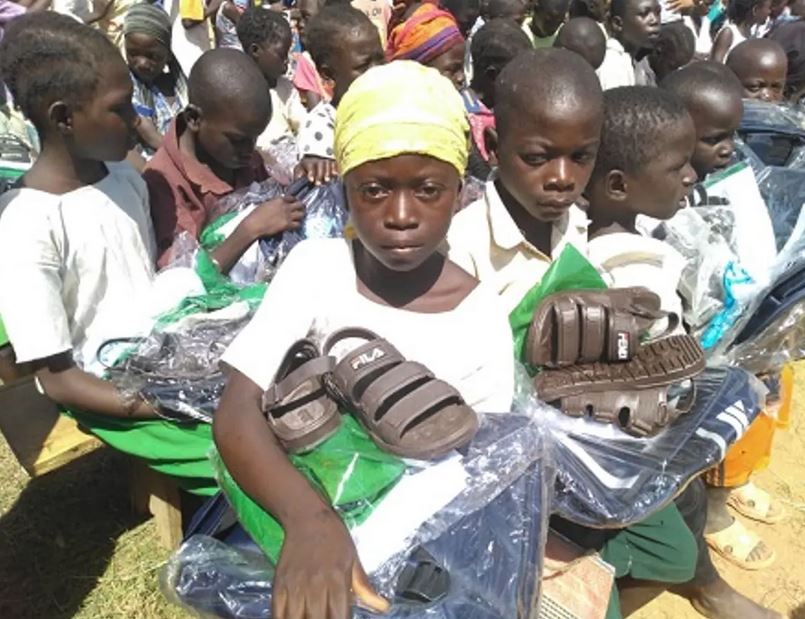ICC Prosecutor Seeks Investigation Into Abduction Of School Children In Northern Nigeria
Posted by Amarachi on Mon 25th Oct, 2021 - tori.ngFile Photo
Following the incessant abduction of school children in Northern Nigeria by terrorists, the prosecutor of the International Criminal Court (ICC) will seek authorisation from the Pre-Trial Chamber of the court to open an investigation.
The Prosecutor says it will also investigate the closure of schools, and the “persistent failure of Nigerian authorities” at both the federal and state levels to end the abduction.
This is according to a statement on Sunday, October 24, by the Socio-Economic Rights and Accountability Project (SERAP).
According to the agency’s Deputy Director, Kolawole Oluwadare, the ICC prosecutor’s decision followed a petition sent to the court by SERAP.
SERAP had in the petition dated 4 September 2021 urged the ICC prosecutor, Mr Karim A. A. Khan, QC, to “push for those suspected to be responsible and complicit in the commission of these serious crimes, to be invited and tried by the ICC.”
In the petition, SERAP argued that, “The severe and lifelong harms that result from depriving children the right to education satisfy the gravity of harm threshold under the Rome Statute.”
Responding, the ICC prosecutor in a letter with reference number OTP-CR-363/21, and dated 22 October 2021 confirmed to SERAP that “the criteria for opening an investigation into a string of abductions and closure of schools in some parts of Nigeria have been met.”
The letter signed on the prosecutor’s behalf by Mark P. Dillon, Head of the Information and Evidence Unit, read in part: “On behalf of the Prosecutor, I thank you for your communication received on 13/09/2021, as well as any subsequent related information.”
“The preliminary examination of the petition is considered complete. Under Article 53 of the Rome Statute, the next step in the judicial process is for the Prosecutor’s Office to prepare and submit a request to the Pre-Trial Chamber for authorisation to open an investigation on Nigeria.”
“Once submitted, the request will be made publicly available on the Court’s website: www.icccpi.int.”
“Your communication will be forwarded to the relevant team to be analysed, together with other related communications and other available information, in the context of any future investigations. We thank you for your interest in the ICC.”
SERAP deputy director, Kolawole Oluwadare said: “By this decision, the ICC prosecutor has taken a significant step toward ensuring that those suspected to be responsible for grave crimes against Nigerian schoolchildren are exposed, and held to account.”
“The victims of these crimes deserve justice. Impartial justice and reparation will deal a decisive blow to impunity of perpetrators, and improve access of Nigerian children to education. SERAP will work closely with the ICC to achieve these important objectives.”
Nigeria is a state party to the Rome Statute and deposited its instrument of ratification on 27 September 2001, thus giving the court jurisdiction over crimes of genocide, crimes against humanity, and war crimes committed on its territory or by its nationals.
If the investigation identifies suspected perpetrators of the crimes alleged in SERAP’s petition, prosecutors can ask judges to issue international arrest warrants, which can remain under seal to help authorities apprehend those charged.
As an international court of last resort, the ICC is mandated to bring to justice people suspected to be responsible for war crimes, crimes against humanity, and genocide when national courts are unable or unwilling to do so.

















































